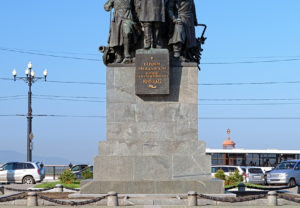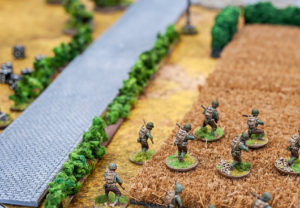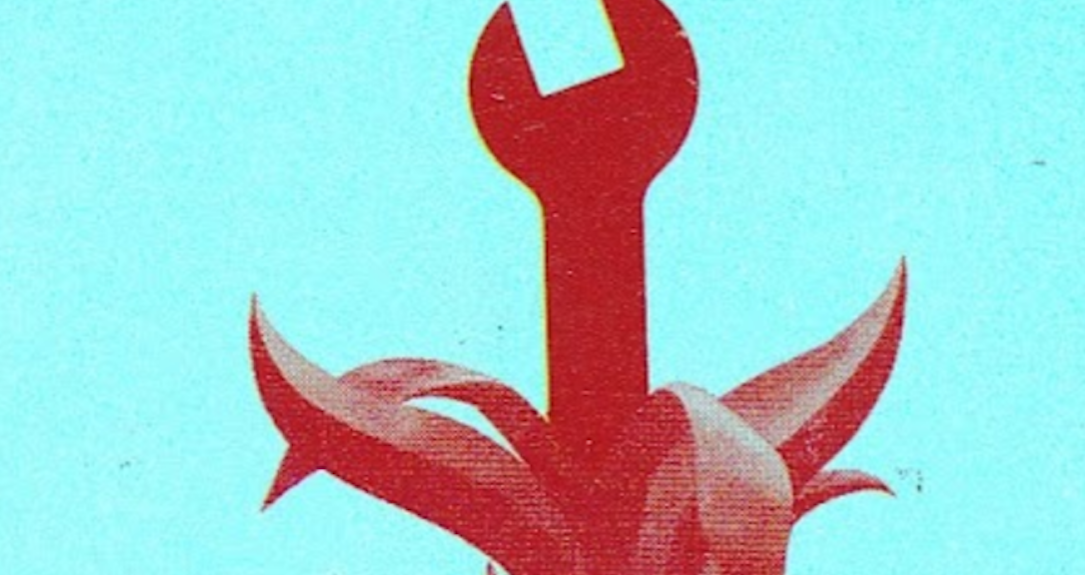“I like to think I’m both hip and square at the same time.”
***
In his early, early days, Robert M. Pirsig was thought to be destined for big things — in a science lab.
Declared a genius at the age of nine, Pirsig skipped numerous grades in school, and found himself a freshman at the University of Minnesota five years later. The meteoric, wunderkind-ish plan didn’t work out as first intended, however.
Philosophy got in the way.
With the promise of white lab coats and beakers and faulty hypotheses in his rearview mirror, Pirsig flunked out of school and by 1946 found himself signing papers to enlist in the United States Army. He would serve two years, in South Korea.
Honorably discharged and searching for his next move, he decided on finishing college, and did so (at the University of Minnesota) in 1953. Upon graduation he studied in India — an experience that would greatly influence the major work of his career, the book The Zen of Motorcycle Maintenance.
Considered by many to be one of the most important literary works of the twentieth century, it was published in 1974 to rave reviews, including one from esteemed critic George Steiner who compared the manuscript to Moby-Dick.
That same year Pirsig gave an interview to National Public Radio (NPR). You can hear the audio in its entirety below, but before you do, read the following snippet where the veteran explains the importance of “stuckness.”
“When you get stuck on fixing motorcycles that’s not a bad moment. That’s actually a pretty good moment. And the times I’ve been stuck I’ve been able to catch myself at being stuck and instead of getting mad, [I] just gone off and got a cup of coffee. And I noticed that whenever I’m stuck like that that if I look at the clouds the clouds are much more beautiful and that’s [laughs] getting a little bit sentimental but I find that at the very moment of stuckness, if you just stop and look around you’ll find the world is very real.
“If you remember back in your own life periods, when your life was very vivid it was usually during a hangup, at least for me. So I think stuckness is very good for people and when it comes you should welcome it because it won’t last long. I think people in Western culture are trained to believe that if they get stuck that may be the end of the world. But life doesn’t stop. It just goes on, even when you’re stuck.
“Stuckness … is ‘non-doing.’ And our whole society is set up for doing.”
Pirsig passed away at his home in South Berwick, Maine on April 24, 2017. He was 88.




































